On Saturday 17th November 2018 I attended the Unity Demonstration March Against Racism and Fascism, below are my thoughts about how we can practically, beyond the usual gestures and photo ops, tackle the forces that are leading to rise of the far right and all forms of racism.
“The problem of the twentieth century is the problem of the color-line” WEB Dubois.
On Saturday 17th November 2018, I cancelled my weekly surgeries to meet up at Altab Ali Park with activists, so as to travel and march at the Unity Demonstration March Against Racism and Fascism. The march was organised by Stand Up to Racism, but was joined by activists from Trade Unions, the Labour Party and other left groupings. The march was organised to galvanize grassroots activists to tackle the rise of the far right, both at home and abroad (US and Europe).
At the march I met many Councillors from other London Boroughs, and in all the conversations we agreed that the work against racism should start at the local level, in terms of education and local campaigns. Campaigns that challenge the narrative of the right, that the problems of society are not down to current economic and social policies, but due to the actions of others, minorities.
This conversations I had up to and at the march could be distilled down to three effective action points:
- Policy Development in Local Authorities
- Developing effective educational programmes
- Grassroots activism
1. (Policy Development) Complacency in local Councils – From Challenging the Men in Boots to Challenging the Men in Suits
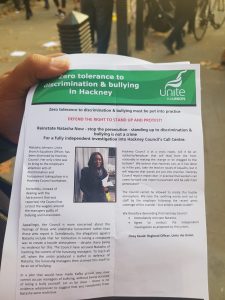
Leaflet by the union Unite, highlighting institutional racism in Hackney Council towards staff, and a culture of bullying and harassment.
There is a complacency in Local Authorities, that the job has been done with the adoption of lowest common denominator policies (facilitated by the practice of comparison with other local authorities or the practice of peer review). Recent scandals in Hackney and Lambeth councils, of institutional racism by senior staff and a political culture of tolerance has shown that much work still needs to be done. In Tower Hamlets similar questions have been raised at the Council, with regards to the scrapping of the Workforce to Reflect the Community Programme, Council Tax Reduction Scheme for the Self Employed (CTRS) and the disproportionate of effect on BAME families, to the future and treatment by the Council of the Community Language Service.
2. (Education) History as a weapon – Challenging Whitewashing and White Privilege
“Knowledge can never imprison you, but you can be captive to your ignorance.” A E Samaan
In schools, in civic ceremonies (like Remembrance Sunday) and through initiatives like the ‘Black History Month’, we should be challenging false ‘Whitewashing’ historical narratives, as well as attitudes of “White Privilege”, and promoting inclusive historical narratives. Historical narratives that highlight the contribution to the UK by minority communities and the historical multi ethnic and multi cultural nature of Britain.
Taking the lead from the inclusive historical approach approach advocated by the historian Pankaj Mishra in the Guardian 10/11/2017 “How colonial violence came home: the ugly truth of the first world war”, I wanted to make the Remembrance Sunday Ceremony on my ward inclusive with the involvement of the local BAME community. I was resisted and prevented by a senior non-BAME Councillor from another ward. Therefore any education programme should not just be limited to residents but also should be tailored towards and encompass all decision makers in any given locality.
3. (Grassroots Activism) Pavement Politics – Challenge of bringing the community together
In the coming weeks I will be sitting down with community organisers from inside and outside of Tower Hamlets, discussing and developing tools for grassroots activists in terms of facilitating greater community cohesion and challenging the narrative of the far right and right wing media through effective tailor local made campaigns. Through effective community actions challenging rhetoric in order to change reality. As always we need to move beyond gestures as the danger from the fascists is clear and present, for actions always speak louder than words.
Would like peoples, thoughts, comments and input on the above initiative, please email me at the address below:
puru.miah@gmail.com
“You fight them by writing letters and making phone calls so you don’t have to fight them with fists. You fight them with fists so you don’t have to fight them with knives. You fight them with knives so you don’t have to fight them with guns. You fight them with guns so you don’t have to fight them with tanks.” – Mark Bray

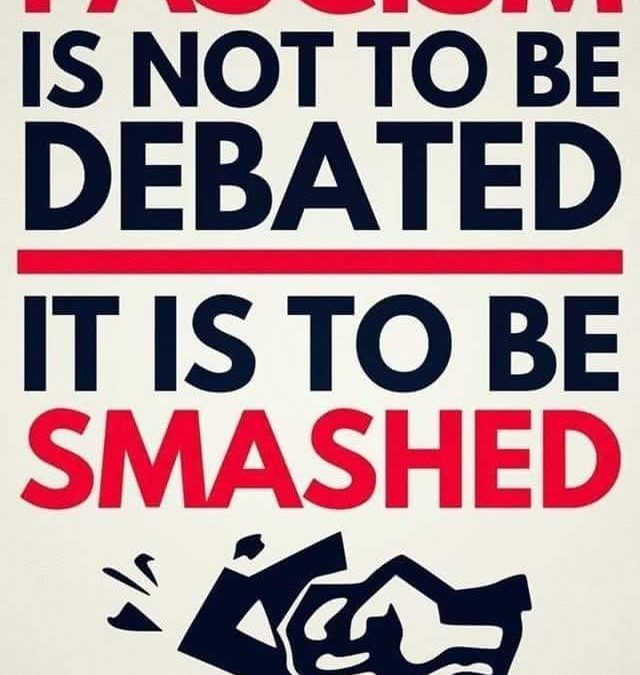
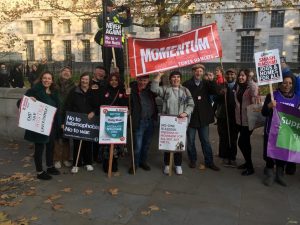
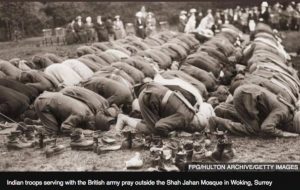
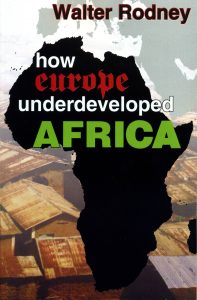
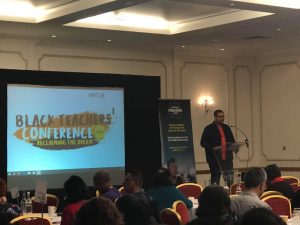
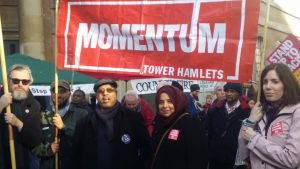
Recent Comments